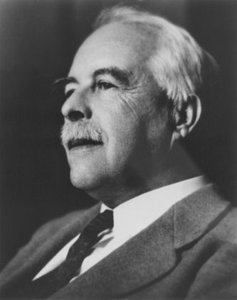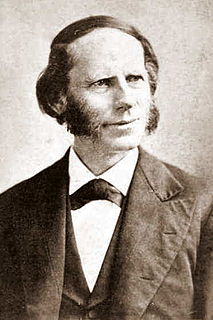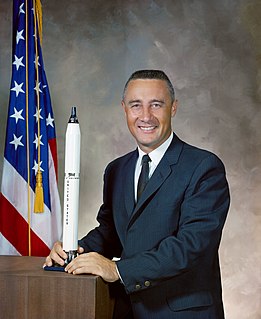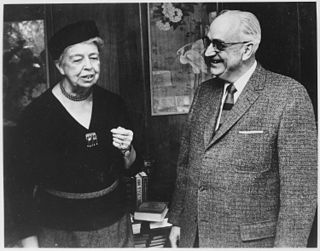A Quote by Gilbert Newton Lewis
Sometimes I think that our laboratories are but little earthworks which men build about themselves, and whose puny tops too often conceal from view the Olympian heights; that we who work in these laboratories are but skilled artisans compared with the man who is able to observe and to draw accurate deductions from the world about him.
Related Quotes
The mob that hounded Christ from Jerusalem to "the place of a skull" has never been dispersed, but is augmenting yet, as many of the learned men of the world and great men of the world come out from their studies and their laboratories and their palaces, and cry, "Away with this man! Away with him!" The most bitter hostility which many of the learned men of this day exercise in any direction they exercise against Jesus Christ the Son of God, the Saviour of the world.
Perhaps generations of students of human evolution, including myself, have been flailing about in the dark; that our data base is too sparse, too slippery, for it to be able to mold our theories. Rather the theories are more statements about us and ideology than about the past. Paleontology reveals more about how humans view themselves than it does about how humans came about, but that is heresy.
On a motif such as was indicated by Reti one cannot build the plan of a whole well contested game; it is too meagre, too thin, too puny for such an end. Reti's explanations, wherever they are concerned with an analysis which covers a few moves, are correct and praiseworthy. But when he abandons the foundations of analysis in order to draw too bold, too general a conclusion, his arguments prove to be mistaken.
The fruit of our labors is sweet when the work is consecrated to God. But we have to be able to weather the conditions - the winds, the rain or the drought, the brilliant sun and sometimes the bitter cold. Sometimes our work needs to be directed at improving our ground rather than excusing our own harvests because the place we have been given is a little hard; there are too many rocks, too many hills, too little top soil. If we focus on where we are instead of what we can do with our plot, we will find our efforts significantly diminished.
If I were president, I would want to spend a lot of time going to the legislatures and telling them about best practices, whether it's about fighting poverty, whether it's about educating kids. The states are the laboratories where we can see what works. And I think presidents can have a much better relationship with legislatures.
When a trout rising to a fly gets hoooked on a line and finds himself unable to swim about freeely, he begins with a fight which results in struggles and splashes and sometimes an escape. Often, of course, the situation is too tough for him. In the same way the human being struggles with his environment and with the hooks that catch him. Sometimes he masters his difficulties; sometimes they are too much for him. His struggles are all that the world sees and it naturally misunderstands them. It is hard for a free fish to understand what is happening to a hooked one.





































